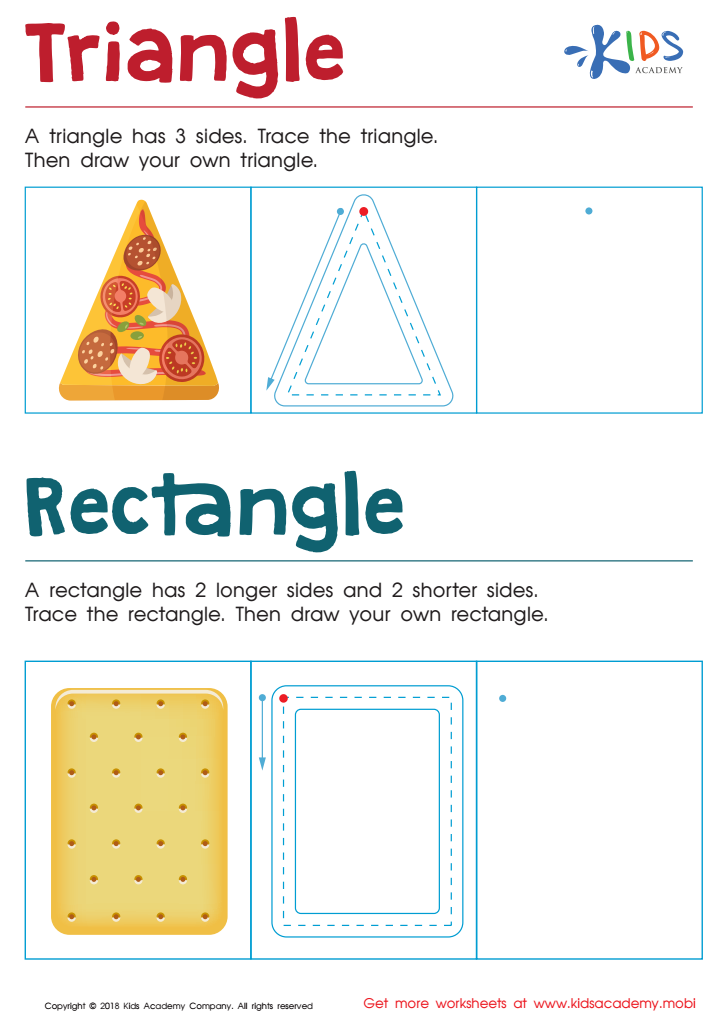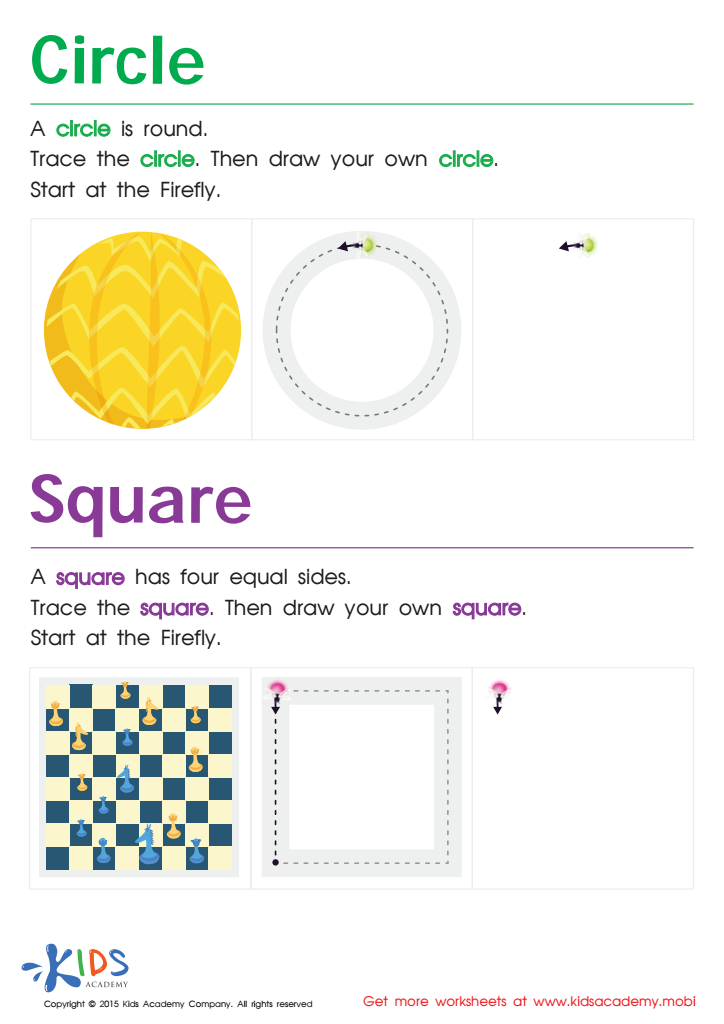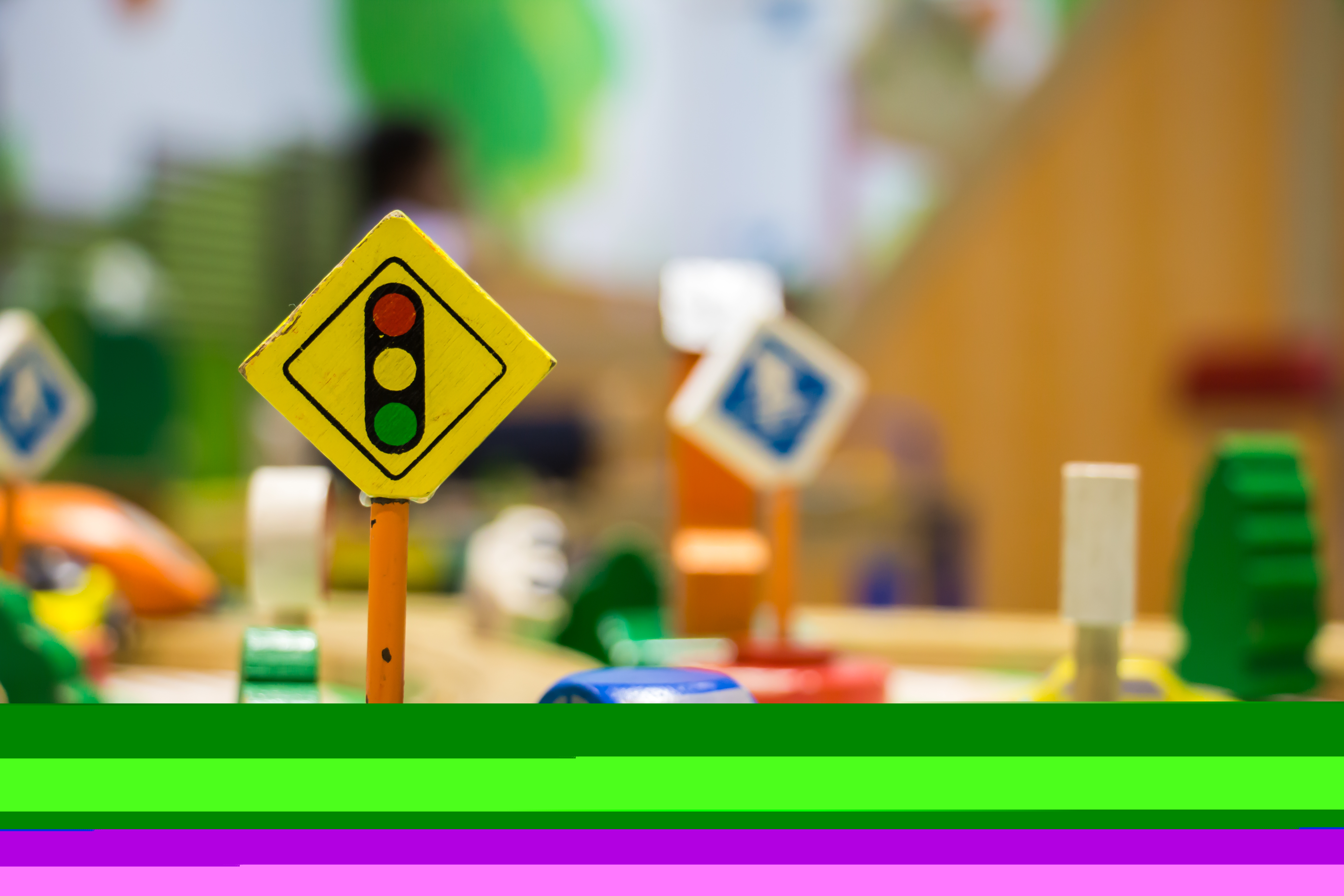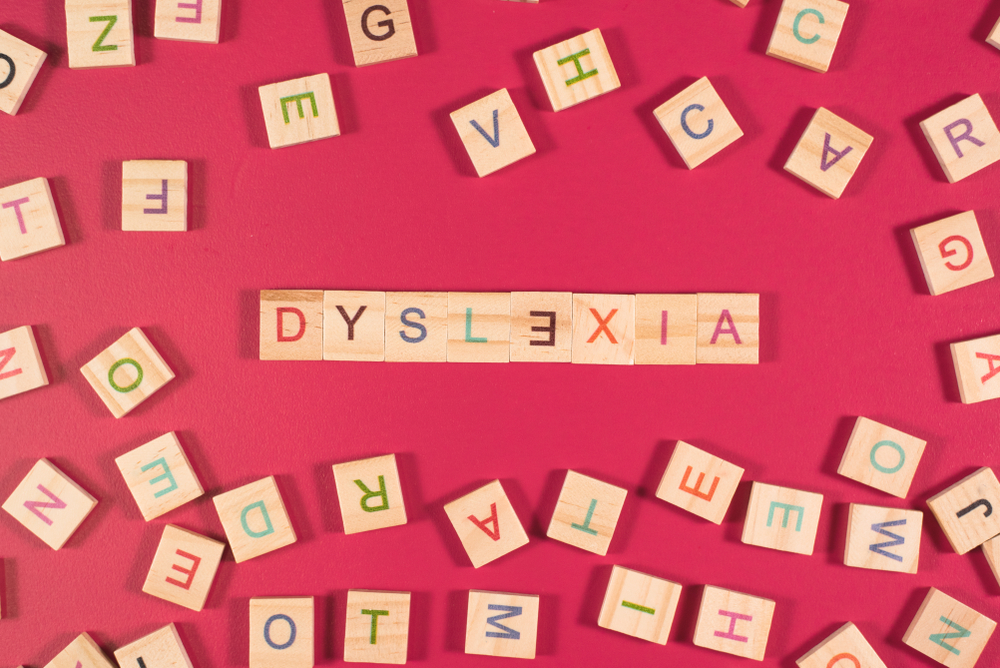Normal Tracing Shapes worksheets activities for 7-Year-Olds
2 filtered results
-
From - To


Triangle Rectangle Worksheet


Trace And Draw a Circle And a Square Worksheet
Normal Tracing Shapes worksheets activities are an essential part of early childhood education, providing a multitude of benefits that extend far beyond the classroom. These engaging and interactive exercises are specifically designed to support young learners in developing a variety of critical skills that are foundational for their academic and personal growth.
First and foremost, Normal Tracing Shapes worksheets activities are instrumental in refining fine motor skills. The act of tracing shapes requires children to use precise hand-eye coordination and control, which strengthens their hand muscles and improves their ability to perform tasks such as writing, drawing, and using tools. This development is crucial for their success in school and their daily activities.
Moreover, these activities offer a practical and enjoyable way for children to become familiar with geometric shapes, an essential part of their mathematical understanding. By tracing shapes, children learn to recognize and name different shapes, which is a foundational skill that supports more complex mathematical concepts such as spatial awareness, symmetry, and geometry.
Normal Tracing Shapes worksheets activities also enhance cognitive skills, such as problem-solving and critical thinking. As children figure out how to navigate the contours of each shape, they learn to approach tasks with strategy and logic. This cognitive engagement encourages them to think more deeply and improves their overall learning capabilities.
In addition to the cognitive benefits, Normal Tracing Shapes worksheets activities foster patience and concentration. Completing each tracing task requires focus and perseverance, qualities that are vital for academic success and personal development. Through these exercises, children learn to apply themselves and remain committed to completing tasks, a skill that will benefit them throughout their lives.
Lastly, these activities provide a sense of achievement and boost self-esteem. Successfully tracing shapes gives children a tangible sense of accomplishment, which encourages a positive attitude towards learning and builds their confidence in their abilities.
In conclusion, Normal Tracing Shapes worksheets activities are not just simple exercises; they are a cornerstone for developing a wide range of vital skills in young learners. From enhancing fine motor capabilities and introducing fundamental mathematical concepts to fostering cognitive development, patience, and self-esteem, the benefits of these activities are manifold and long-lasting.
 Assign to My Students
Assign to My Students




















